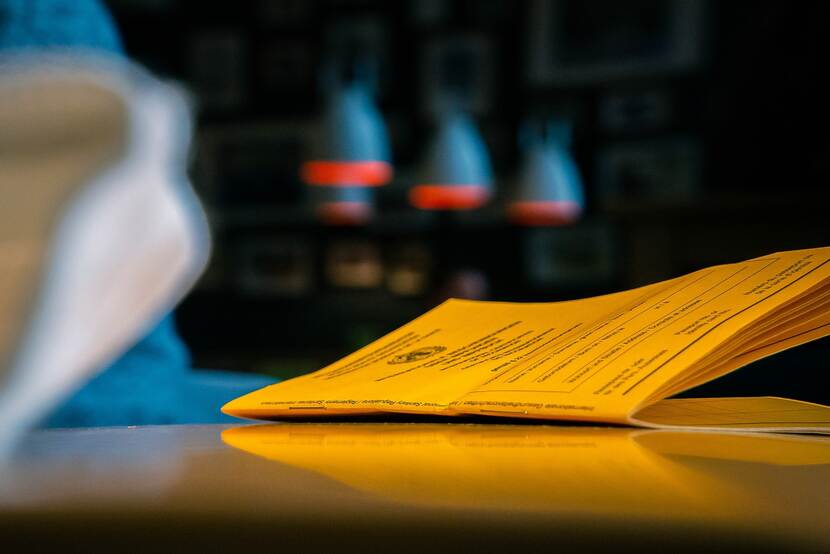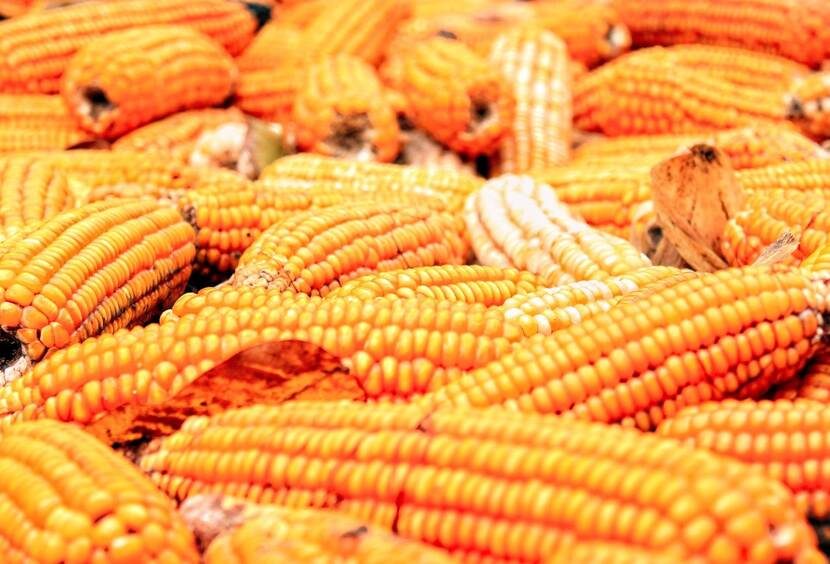Serbia Newsflash Week 46
Changing crop prices at the commodity market, EU-Serbia COVID certificate agreement, changing consumer habits regarding recycling, Western Balkans trade streamlining, accelerating Serbian economic growth rate - The week in Serbian agriculture

The EU recognizes Serbian COVID-19 certificates
The European Commission adopted a decision regarding Serbian immunity certifications. COVID certificates issued by Serbia will be equivalent to the EU Digital COVID Certificate on November 16. As a result, Serbia will be connected to the EU's system and its COVID certificates will be accepted under the same conditions as the EU Digital COVID Certificate, the EC said in a statement. At the same time, Serbia agreed to accept the EU Digital COVID Certificate for travel from the EU to Serbia.
The decision will enter into force as of November 16, 2021, the EC statemet reads. After Albania and North Macedonia, Serbia is the third Western Balkan country whose COVID certificates will be recognized in the EU.
Commodities market: Wheat stable, prices of corn and soybean drop
The trading week at the Commodities Exchange was marked by stable prices of wheat and a drop in the prices of corn and soybean. The weekly report says that the overall trading amounted to 3.5 thousand tons, which is a nearly one-quarter decrease compared to the previous week’s figures. The trade amounted to €1.1 million, which is one-fifth less than a week before.
The Government Decree on the capped price of bread and the planned state intervention from State Commodity Reserves with 30 thousand tons of flour kept the price of wheat stable in the short term. Agreements were signed with prices of €0.26-0.27 per kilogram excluding VAT, and the weighted price was €0.26.
Only two sales and purchase agreements were signed when it comes to corn, for an urgent delivery, at a price of 0.22 EUR per kilogram excluding VAT, which is also the weighted price.
The price of soybean continued to decline, so market agreements were signed at €0.6 per kilogram exclding VAT. The average trading price was €0.61, which is a 3.02% decrease from the previous week.
Serbian citizens in favor of deposit system for recycling
As much as 85% of citizens believe that the introduction of a deposit system is the most acceptable way of recycling, according to a survey by the Consumer Centre of Serbia (CEPS).
CEPS explains that this system implies that consumers pay an additional amount of money for packaging when buying drinks, and that it will be returned to them when they hand over empty packaging for recycling.
More than 61% of interviewed citizens who said that they would often use the deposit system live in cities. The research showed that if the products consumers regularly buy become more expensive as a result of entering the deposit system, 40% of respondents would stop buying them, which, according to the Consumer Centre, is one of the key reasons why the deposit system should be applied equally to all disposable packaging.
Nearly two-thirds of the interviewed citizens consider it logical that the amount of the deposit depends on the type and size of packaging, and a little more than half think that they would easily get used to a system in which different amounts are represented in relation to the volume of packaging. Although the majority of respondents stated that they have a positive attitude towards recycling, slightly less than half of them, more precisely 45.9%, stated that they try to recycle as much as possible.

Initiatives for easier trade among Western Balkan countries
Last week in Budapest, the chambers of commerce of the countries belonging to the Visegrád Group and the Chamber Investment Forum of the Western Balkans (WB6 CIF) signed a joint declaration which supports alleviating trade of companies from the region with the EU. Trade would be alleviated through connecting WB “green corridors” with the “green lanes” of the EU, the Serbian Chamber of Commerce (PKS) announced. CIF WB6 urged the governments of the Visegrád Group to influence the easier flow of goods, services, people and capital between the EU and the Western Balkans.
This week, Serbian Minister of Agriculture Mr. Branislav Nedimović met in Tirana with ministers from the region. The idea of the “Open Balkans” were additionally promoted during the meeting and the chances of free flow of food were discussed. The meeting took place within the framework of the “Permanent Ministerial Conference working groups for regional rural development in Southeast Europe” (www.seerural.org).
The ministers met again only a few days after the successful negotiations between the Serbian Minister of Agriculture, Albanian Minister of Agriculture Ms. Frida Krifca and Deputy Minister of Agriculture of Northern Macedonia Mr. Trajan Dinkovski. The goal of the meeting between the representatives of Albania, North Macedonia and Serbia within the regional Open Balkan initiative was to speed up the flow of goods and reduce all costs of companies in those countries. Initiative supports idea that trucks of these three countries would not be stopped at the border crossings between Serbia, Albania and North Macedonia, but certificates issued in institutions of one of these three countries will be recognized in the other two countries of the region.
Serbia’s growth rate to return to pre-crisis level next year
Editor-in-chief of the Foreign Investors Council publication the White Book 2021, Mr. Miroljab Labus said that Serbia’s economic results in 2021 were better than expected. He also pointed out that next year, Serbia’s economic growth rates will return to the pre-crisis levels. “This year was a good year, better than expected. Serbia achieved good growth out of two reasons – huge financial support that the state secured to the economy and citizens, as well as great revenue of the agriculture sector,” Mr. Labus said at the presentation of the White Book 2021.
Mr. Labus said that in 2019, Serbia’s economic growth rate was based on investments and the construction sector, while this year, consumption and trade drove it up. Mr. Labus believes that Serbia needs new investments, based on production, as well as re-industrialisation.
Here are recommendations by foreign investors for the food and agriculture sector: FIC- Agriculture and Food